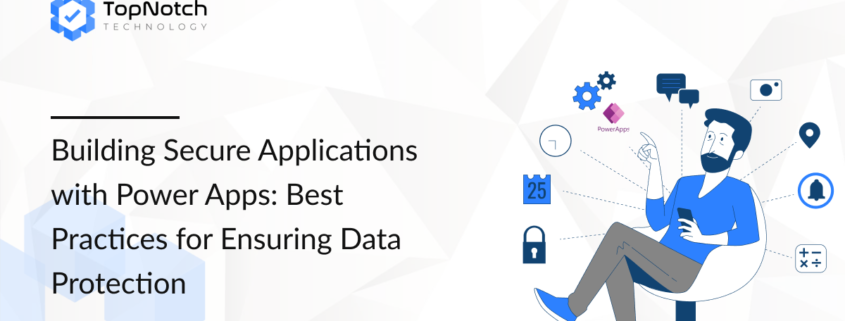Building Secure Applications with Power Apps: Best Practices for Ensuring Data Protection
Topic Overview:
Security is a critical concern for businesses when building applications that store and process sensitive data. Power Apps provides robust security features that help businesses develop secure applications while maintaining compliance with data protection regulations. This post will cover best practices for ensuring the security of your custom apps built with Power Apps.
Data Security in Power Apps
Power Apps offers a range of security features, including role-based access control (RBAC), data loss prevention (DLP), and encryption. By utilizing these features, businesses can ensure that sensitive data is only accessible to authorized users.
Compliance with Data Protection Regulations
Power Apps helps businesses stay compliant with data protection regulations such as GDPR and HIPAA. By setting up proper access controls and monitoring data usage, organizations can mitigate security risks and avoid legal issues.
Secure Integrations with External Systems
Power Apps integrates securely with other Microsoft tools, including SharePoint, Dynamics 365, and Power BI. By following best practices for integration, businesses can ensure that data remains secure even when shared between systems.
Conclusion:
Security is paramount when developing applications with Power Apps. Learn how to protect your data and ensure compliance with industry regulations using the Power Platform.
- Discover the Power Platform Security Features to safeguard your apps.
- Schedule a consultation to implement secure Power Apps for your business.c
